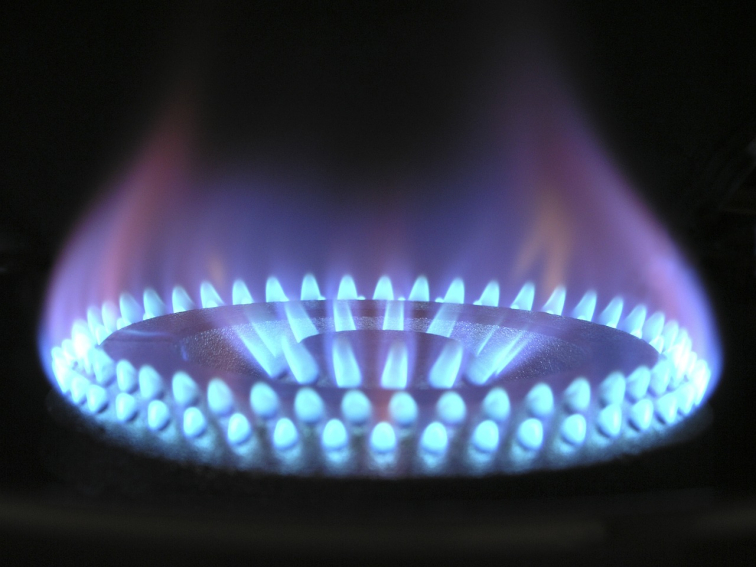New study on the effect of gas and electricity price brakes

In order to support German households and companies in the face of skyrocketing energy costs, the so-called gas and electricity price brakes are to come into force from January 1, 2023. The new feature of these relief measures is that both households and industry will receive a transfer, which will increase in contracted gas and electricity prices. Markus Dertwinkel-Kalt of WWU Münster and Christian Wey of HHU Düsseldorf show in a formal model that such transfers create incentives to inflate contracted gas and electricity prices. Stronger competition does not help overcome these disincentives, as not only utilities but also consumers can benefit from such price increases. While price brakes achieve the goal of providing strong incentives to save, these price brakes could be very expensive and, in particular, even more expensive than predicted. Flat-rate payments such as the energy flat rate, on the other hand, do not create such misaligned incentives. Significant gas and electricity price increases coinciding with the planned launch of the price brakes may indicate that such behavior is indeed being adapted.
The full text of the paper can be found here.
Foto: pixabay.com magnascan

